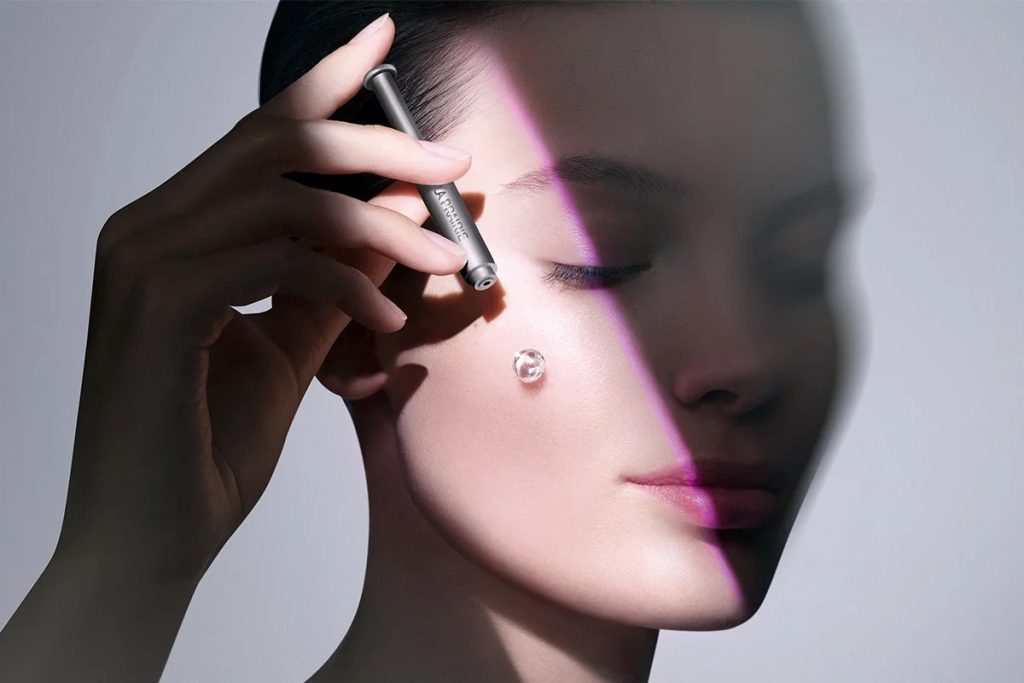Aging is a natural process, but the desire to maintain vitality, youthful skin, and overall wellness has fueled extensive research into anti-aging methods. While aging cannot be stopped, embracing effective anti-aging strategies can help slow its visible and internal effects, promoting a healthier, more radiant life.
Understanding the Science of Anti-Aging
Anti-aging isn’t just about cosmetic solutions; it’s deeply rooted in science. As we age, our cells gradually lose their ability to repair themselves, collagen production decreases, and oxidative stress increases. These changes manifest as wrinkles, fine lines, and decreased energy levels. Anti-aging strategies focus on supporting cellular health, reducing inflammation, and boosting natural repair mechanisms.
The Role of Nutrition in Anti-Aging
One of the most powerful tools in anti-aging is nutrition. Diets rich in antioxidants—such as vitamins C and E, beta-carotene, and selenium—help combat free radicals that damage cells. Foods like berries, leafy greens, nuts, and fatty fish provide essential nutrients that support skin elasticity, brain function, and heart health. Additionally, staying hydrated and moderating sugar and processed food intake are crucial for reducing premature aging.
Skincare and Anti-Aging
Modern anti-aging skincare combines scientific innovation with natural ingredients. Retinoids, peptides, and hyaluronic acid are among the most effective compounds for promoting collagen production and improving skin texture. Regular use of sunscreen is also essential, as UV exposure accelerates skin aging. Combining topical treatments with consistent hydration and gentle cleansing can significantly enhance skin resilience over time.
Lifestyle Habits That Combat Aging
Anti-aging isn’t only about what you put on your body—it’s also about how you live. Regular physical activity improves circulation, strengthens muscles, and boosts energy levels. Adequate sleep allows the body to repair and regenerate cells, while stress management techniques like meditation and yoga reduce cortisol, which can accelerate aging. Avoiding smoking and excessive alcohol consumption also plays a vital role in maintaining youthfulness.
Emerging Anti-Aging Therapies
Science continues to explore innovative anti-aging therapies. Stem cell research, hormone replacement therapies, and advanced peptides show promise in slowing cellular aging. Additionally, techniques like micro-needling, laser treatments, and non-invasive cosmetic procedures can help rejuvenate the skin, enhancing natural beauty without drastic interventions.
The Mind-Body Connection
A crucial, often overlooked aspect of anti-aging is mental well-being. Studies show that positive thinking, social engagement, and lifelong learning contribute to longer, healthier lives. Maintaining a sharp mind and emotional resilience complements physical anti-aging practices, creating a holistic approach to vitality.
Conclusion
Anti-aging is more than just a trend—it’s a lifestyle. By integrating proper nutrition, skincare, healthy habits, and mental wellness into daily life, individuals can significantly slow the effects of aging while enhancing overall quality of life. True anti-aging is about embracing the journey with informed choices, fostering beauty, health, and vitality from within.



